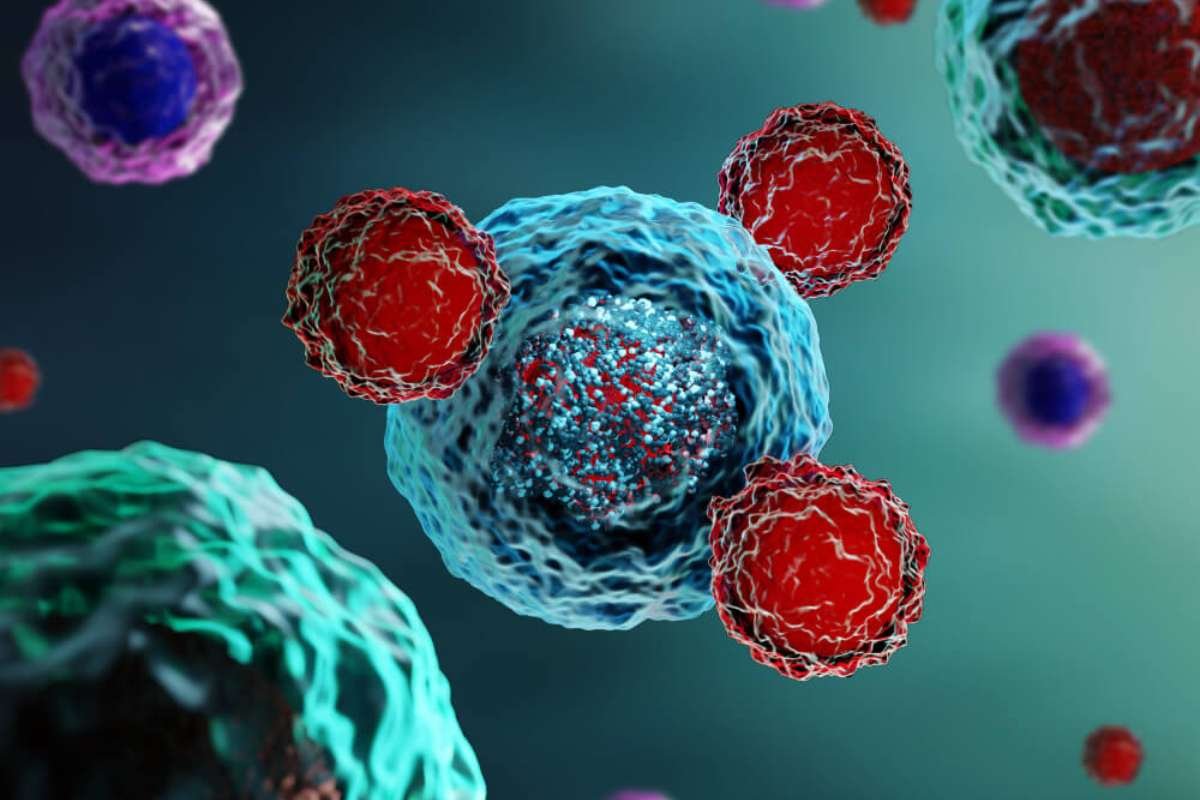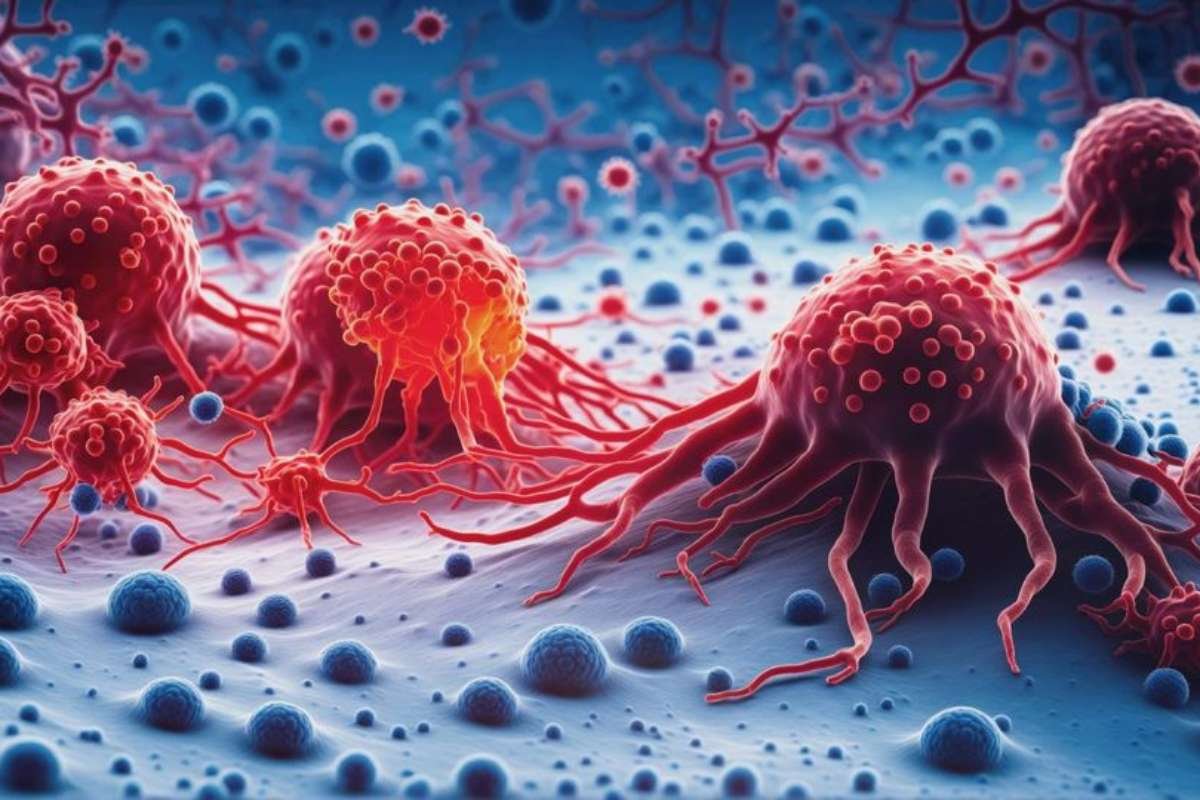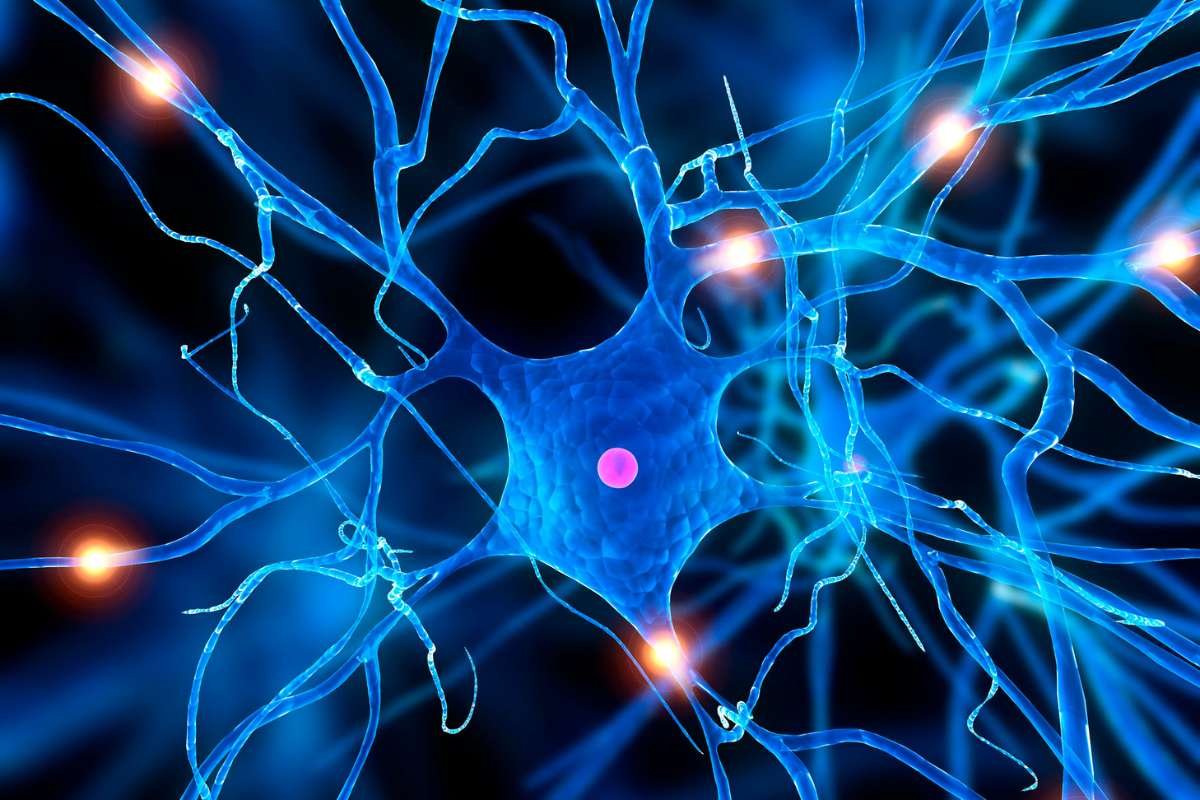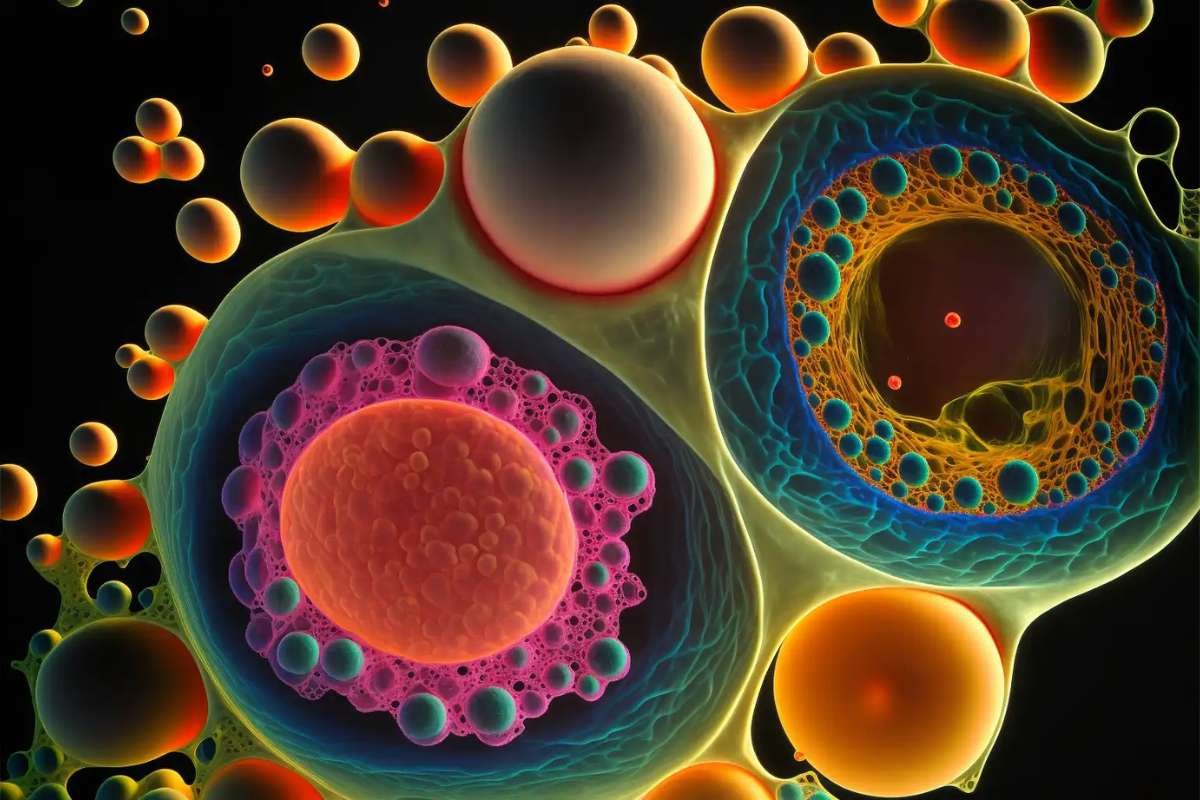The Human body has developed the strongest weapon to protect itself from any harmful invader and that is the human immune system. It is a marvel of nature with countless components working together in harmony. Among all these components there are Human Dendritic cells that play a vital role in making sure to be a bridge between the innate and adaptive immune systems. Regardless of its uniqueness, they are not very well known in comparison to T-cells or B-cells which are other components of the immune system. In this article, we will discover the amazing world of Human Dendritic Cells, understanding their structure, functioning, and importance in the Human body.
What Are Human Dendritic Cells?
Human Dendritic Cells are specialized antigen-presenting cells (APCs) found in tissues exposed to the external environment, such as the skin, mucous membranes, and the linings of the respiratory and digestive tracts. They were first discovered in the 1970s by Ralph M. Steinman, who later won a Nobel Prize for this groundbreaking work.
The name “dendritic” is derived from the Greek word “dendron,” meaning tree, as these cells have long, tree-like projections known as dendrites. These projections increase the cell’s surface area, enabling it to interact with multiple T-cells and gather antigens efficiently. Although they are relatively small in size, their impact on the immune system is profound.
The Role of Human Dendritic Cells in Immunity
The primary function of Human Dendritic Cells is to identify pathogens, capture them, and present their antigens to T-cells, thereby initiating an adaptive immune response. This process can be broken down into three main stages:
1. Antigen Capture
Human Dendritic Cells are constantly patrolling the body, acting as sentinels. When they encounter a pathogen, such as a virus or bacterium, they engulf it through a process called phagocytosis. Once inside the cell, the pathogen is broken down into smaller pieces, or antigens, which are then displayed on the surface of the dendritic cell.
2. Migration to Lymph Nodes

After capturing antigens, Human Dendritic Cells migrate to nearby lymph nodes. This migration is essential, as lymph nodes are hubs of immune activity where T-cells and B-cells reside. The dendritic cells present the captured antigens to T-cells, essentially “teaching” them what to target.
3. Activation of T-Cells
By presenting antigens to naive T-cells, these Cells activate these T-cells and guide their differentiation into specialized subsets, such as helper T-cells, cytotoxic T-cells, or regulatory T-cells. This activation is crucial for the immune system to mount a specific and effective defense against pathogens.
Types of Human Dendritic Cells
There are several subtypes of Human Dendritic Cells, each with unique roles:
- Conventional Dendritic Cells (cDCs): Found in most tissues, these cells are adept at capturing antigens and activating T-cells.
- Plasmacytoid Dendritic Cells (pDCs): Known for their ability to produce large amounts of interferon-alpha, pDCs play a key role in antiviral responses.
- Langerhans Cells: A specialized type of dendritic cell found in the skin, these cells are essential for maintaining skin immunity.
- Monocyte-Derived Dendritic Cells (Mo-DCs): These are generated from monocytes under inflammatory conditions and are highly effective at presenting antigens during infections.
Human Dendritic Cells in Disease and Therapy
The importance of Human Dendritic Cells extends beyond their role in everyday immunity. They are also implicated in various diseases and are being explored as therapeutic targets.
1. Autoimmune Diseases
In autoimmune conditions like rheumatoid arthritis and lupus, dendritic cells may present self-antigens to T-cells, leading to an immune attack against the body’s tissues. Understanding how these cells contribute to these processes is vital for developing targeted treatments.
2. Cancer Immunotherapy

Human Dendritic Cells are at the forefront of cancer immunotherapy research. Dendritic cell vaccines, which involve loading dendritic cells with tumor antigens and reintroducing them into the body, aim to stimulate a robust immune response against cancer cells. Early trials have shown promise, especially in cancers like melanoma and prostate cancer.
3. Infectious Diseases
Pathogens like HIV and some types of herpes viruses can exploit dendritic cells, using them as Trojan horses to spread infection. Researchers are investigating ways to block these interactions to enhance antiviral immunity.
4. Allergies
Overactive dendritic cells can contribute to allergic reactions by presenting harmless substances, like pollen or dust mites, as dangerous antigens. Modulating dendritic cell activity could offer new avenues for allergy treatment.
Recent Advances in Dendritic Cell Research
Research into Human Dendritic Cells has accelerated in recent years, thanks to advances in immunology and biotechnology. Single-cell RNA sequencing, for example, has provided insights into the molecular profiles of different dendritic cell subsets. This technology helps researchers understand how these cells behave under normal and diseased conditions.
Another exciting development is the use of nanoparticles to deliver antigens directly to dendritic cells. This approach has the potential to revolutionize vaccine design, making vaccines more efficient and less prone to side effects.
Challenges and Future Directions
While the therapeutic potential of Human Dendritic Cells is immense, there are challenges to overcome. These include:

- Heterogeneity: The many subtypes of dendritic cells make it challenging to develop universal therapies.
- Delivery Systems: Ensuring that therapies specifically target dendritic cells without affecting other immune cells is a complex task.
- Safety Concerns: Modulating the immune system always carries the risk of unintended side effects, such as excessive inflammation or immune suppression.
Despite these challenges, the future looks promising. With ongoing research, these Cells could unlock new treatments for some of the most challenging diseases.
Conclusion
In terms of the sophisticated network of the immune system, Human Dendritic cells play a crucial role. They are considered the gatekeepers of immunity, ensuring that the body can differentiate between friends and foes. As the research continues to discover their secrets, these cells are controlled to perform a vital function as medicine to fight cancer and also develop next-generation vaccines.
By studying the power of these powerful cells, we can get a chance to understand the depth of immunity and medicine to a futuristic level.







